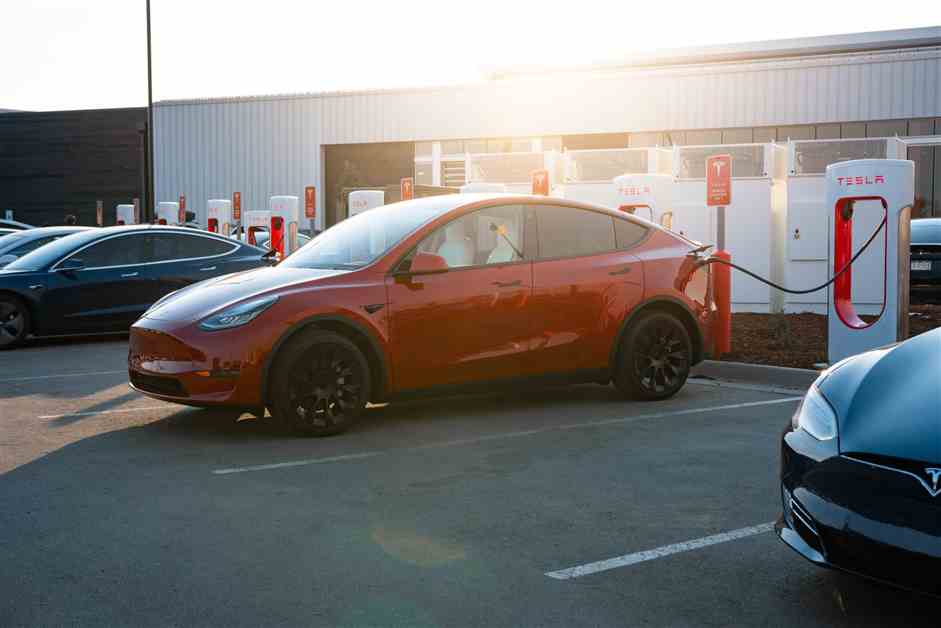U.S. Regulator Introduces New Fuel Economy Standards
The National Highway Traffic Safety Administration (NHTSA) has recently rolled out updated fuel economy standards, marking a shift towards more relaxed requirements for automakers. This move follows a similar adjustment made by the Environmental Protection Agency (EPA) earlier this year.
According to a report from Automotive News, the new fuel standards set by the NHTSA mandate an average fleet fuel economy of 50.4 mpg by 2031 under the Corporate Average Fuel Economy (CAFE) rules. This figure is lower than the previous target of 58 mpg by 2032 for vehicles and light trucks.
In an effort to align with the EPA’s revised regulations, which now demand a lower percentage of electric vehicle (EV) sales, the NHTSA has adjusted its standards accordingly. The EPA’s updated rules, effective as of March, require automakers to have EVs make up between 30 and 56 percent of their light-vehicle sales between 2030 and 2032, down from the initial goal of 67 percent by 2032.
The discrepancy between the NHTSA and EPA standards stems from the former’s limitations in factoring in the fuel economy of EVs when determining maximum standards for a given year. Chris Harto, a Senior Policy Analyst at Consumer Reports, highlighted the challenge faced by the NHTSA in setting standards as robust as those of the EPA due to the growing presence of electric vehicles in the market.
The Alliance for Automotive Innovation has voiced support for the revised NHTSA standards, emphasizing the need for alignment between the NHTSA and EPA regulations. The alliance’s CEO, John Bozzella, raised concerns about potential penalties for automakers complying with the EPA’s greenhouse gas rules but falling short of CAFE requirements.
As the automotive industry transitions towards electric vehicles, the relevance of fuel economy standards is being called into question. Bozzella noted that CAFE standards, originally aimed at promoting energy conservation and efficiency in internal combustion vehicles, may become obsolete as EVs gain prominence.
The NHTSA emphasized that the new regulations were developed collaboratively with the EPA to optimize effectiveness and minimize compliance costs. The goal is to strike a balance between regulatory requirements and industry advancements in vehicle technology.
In conclusion, the recent adjustments to fuel economy standards by the NHTSA reflect a broader shift in the automotive landscape towards electric vehicles. As regulators navigate this transition, the industry is poised for significant changes in the coming years.
For further insights or feedback, reach out to Zach at zach@teslarati.com or connect on X at @zacharyvisconti. Share tips with us at tips@teslarati.com.
